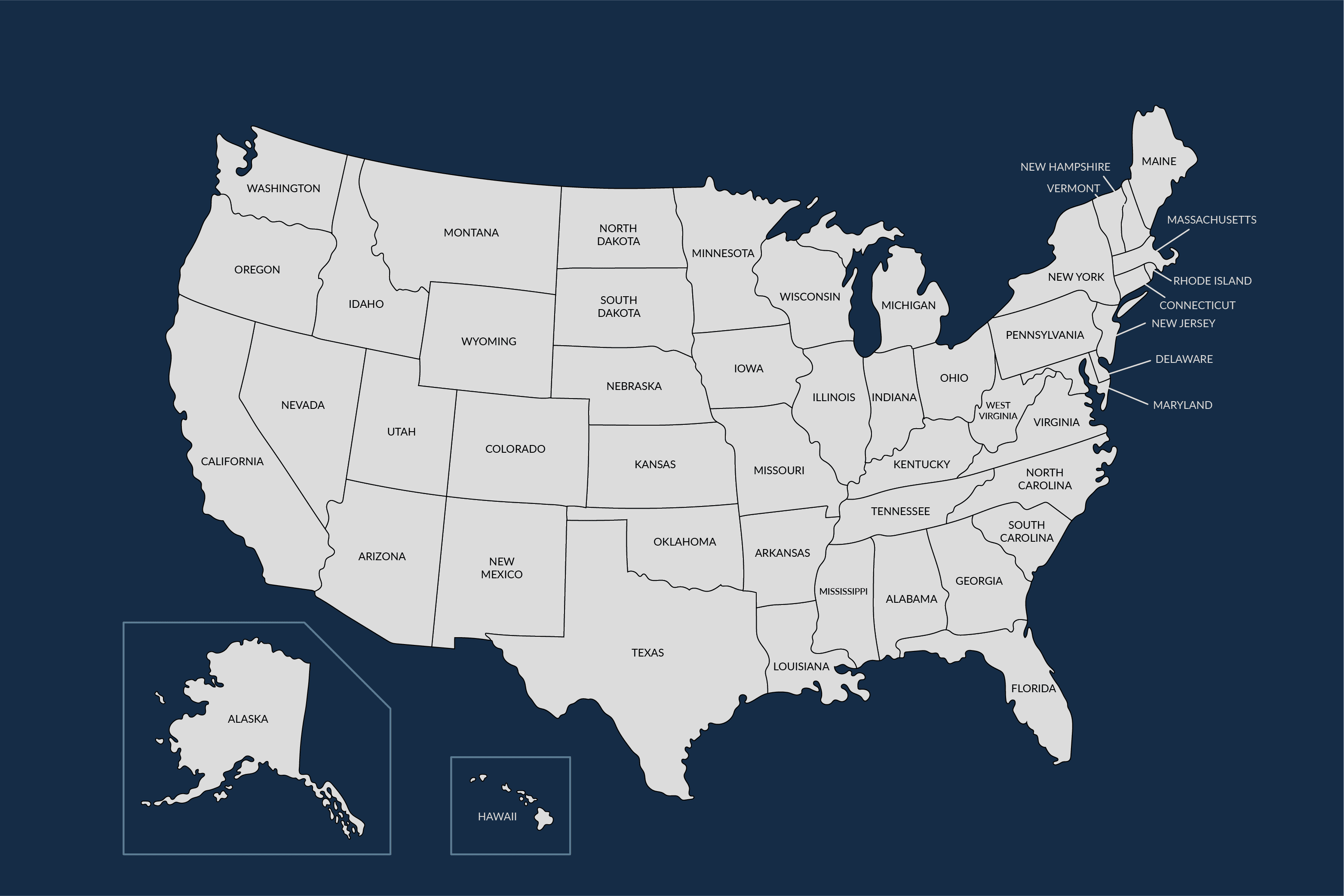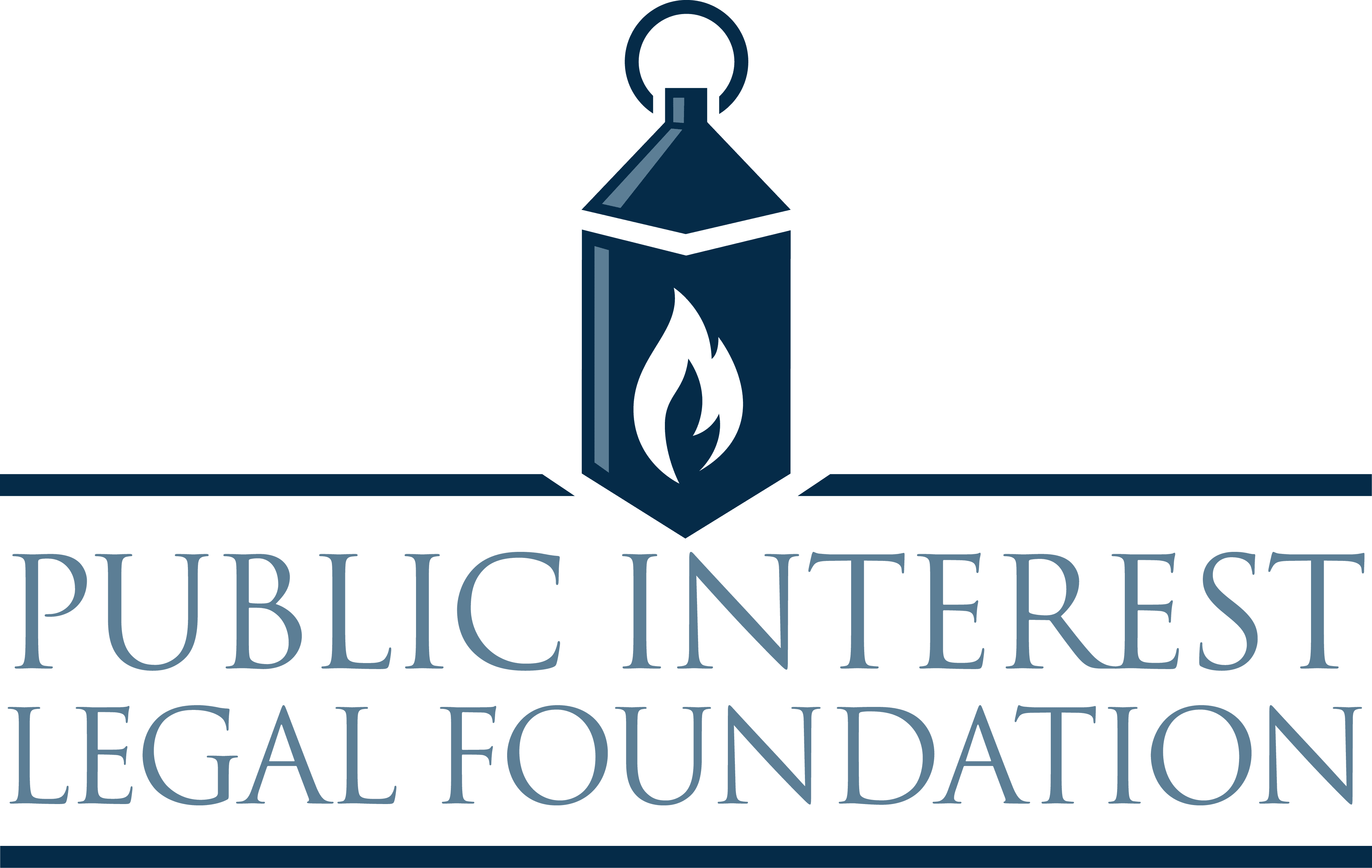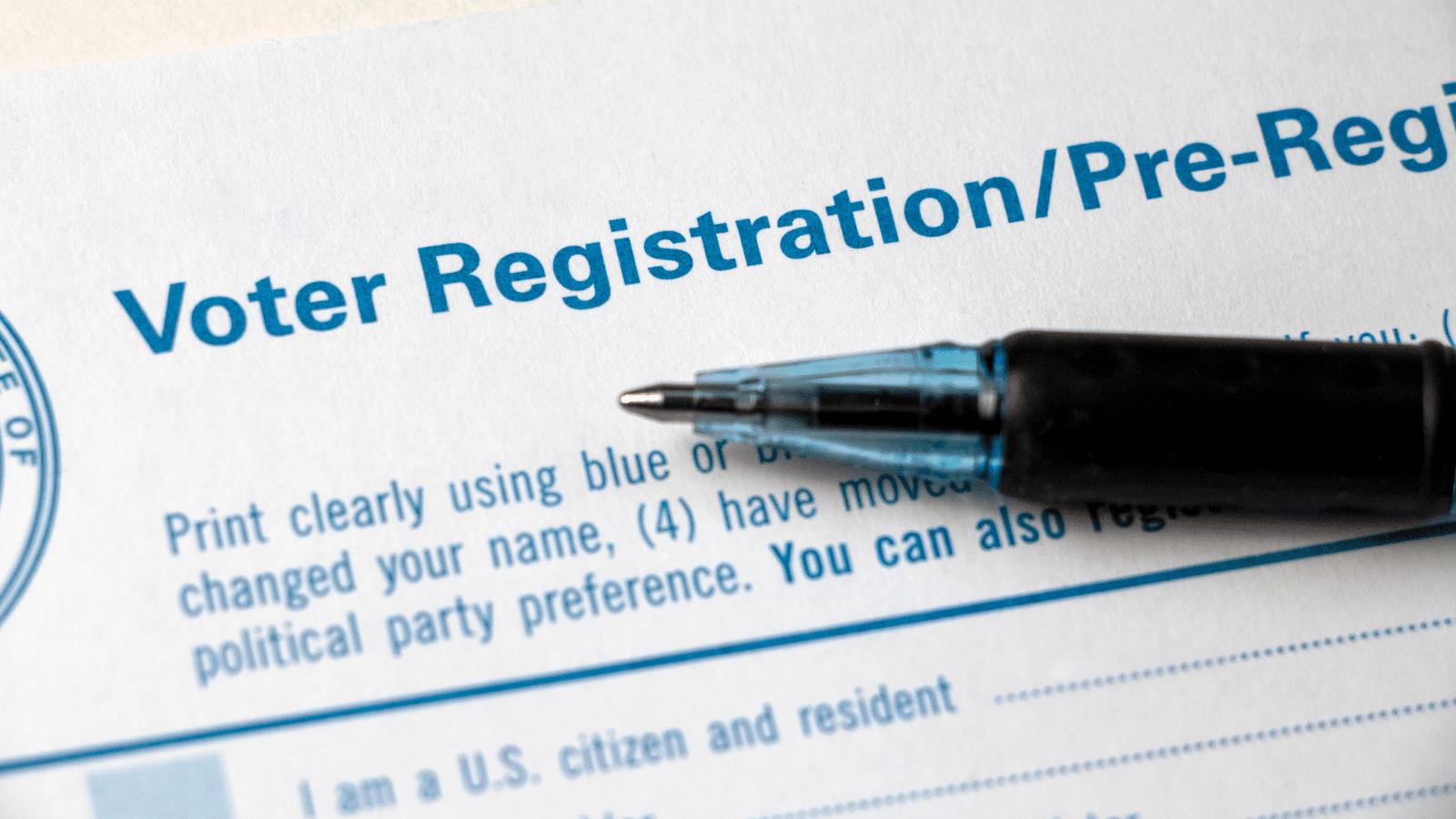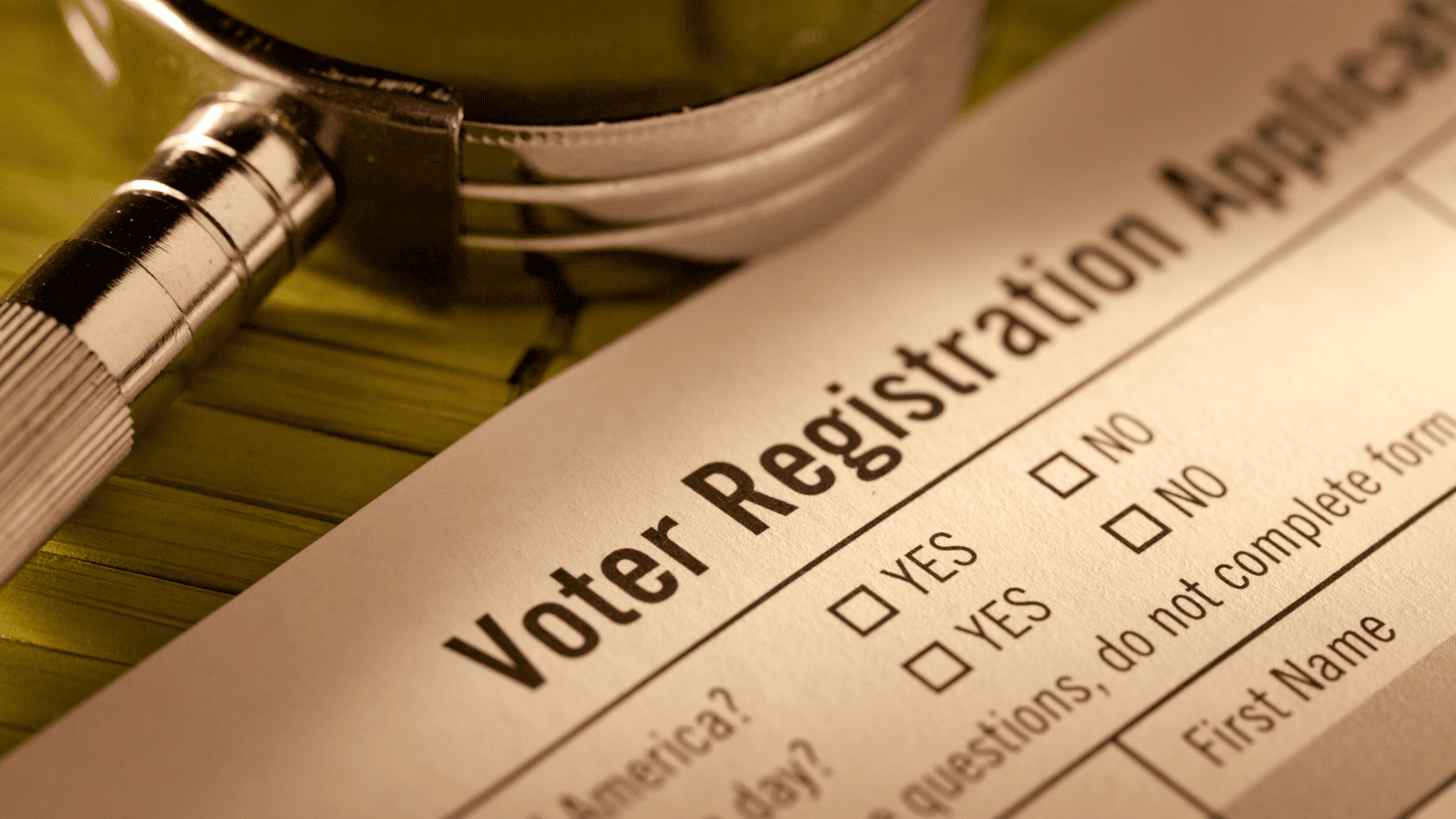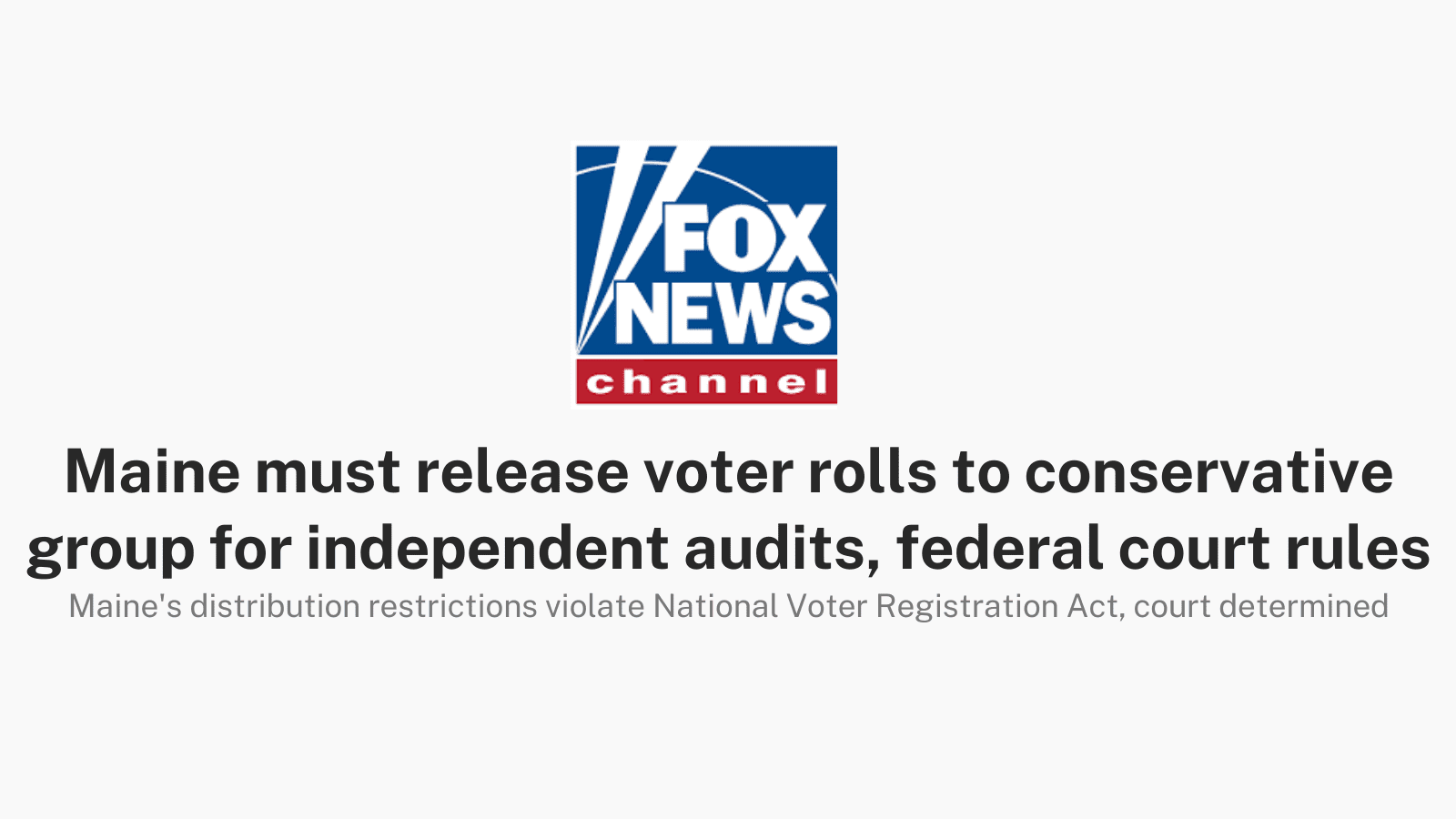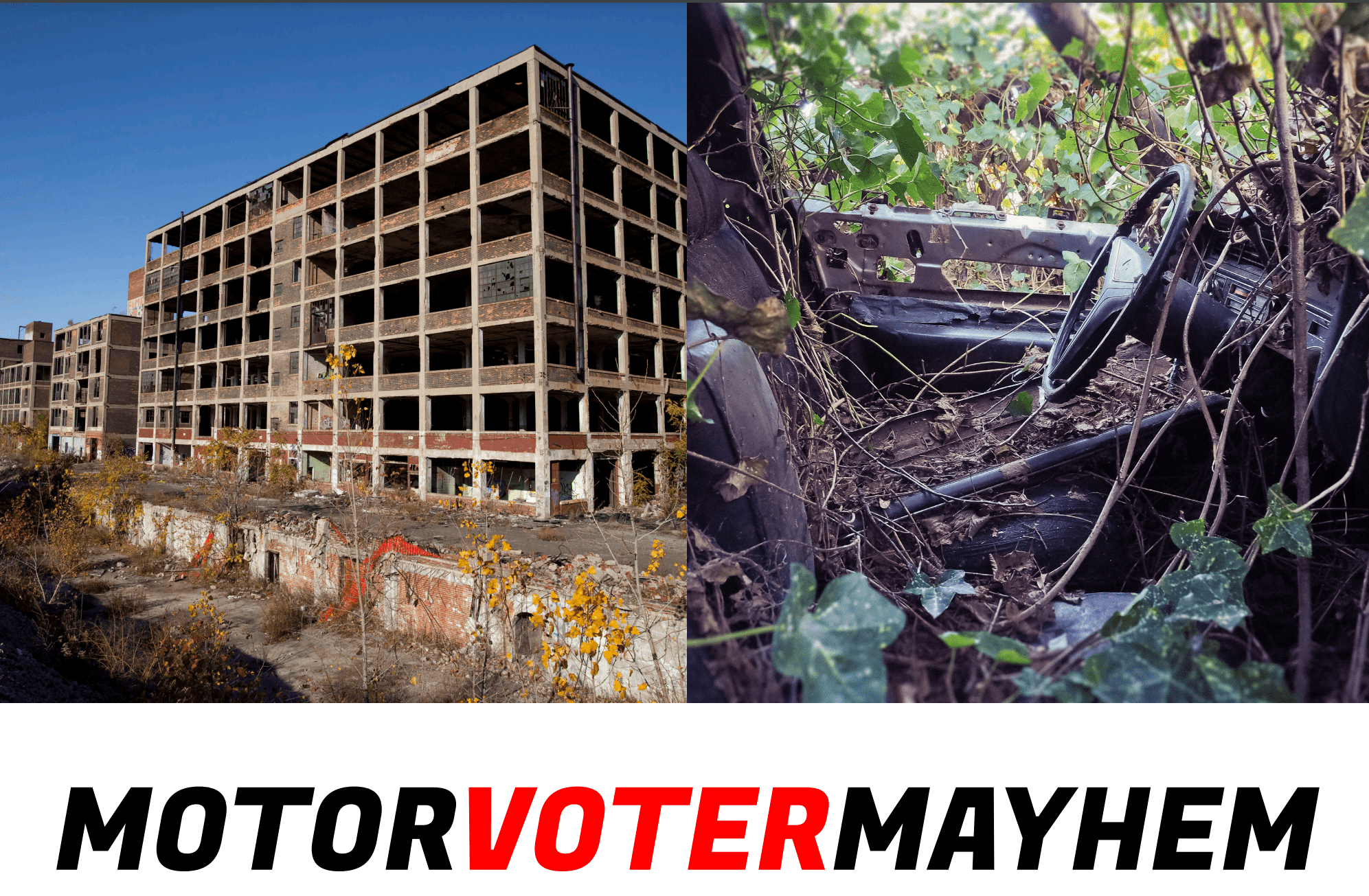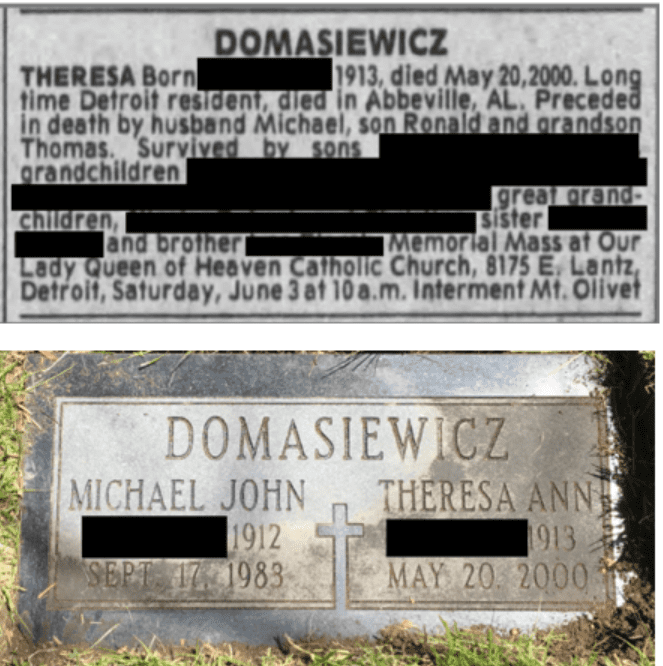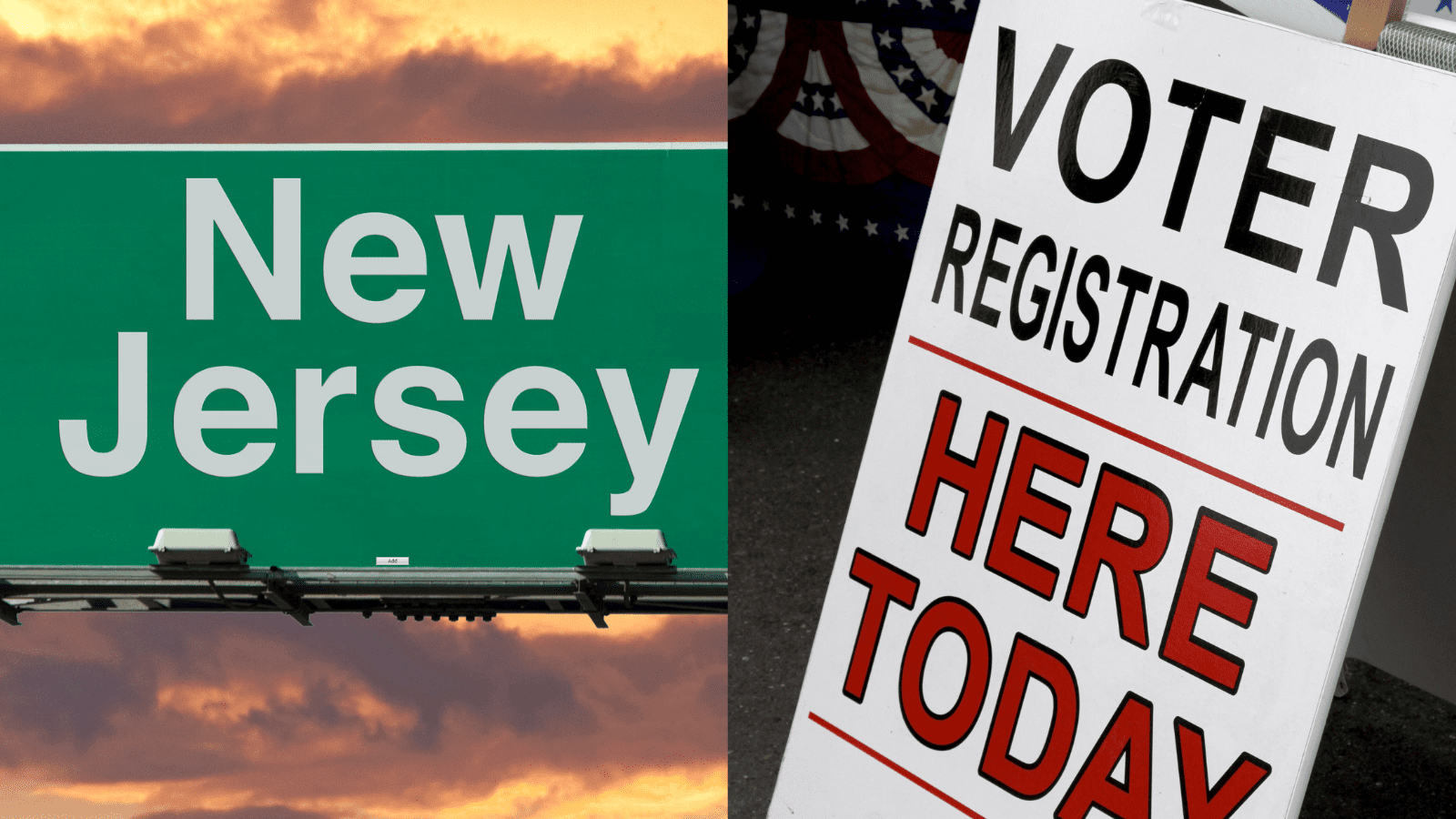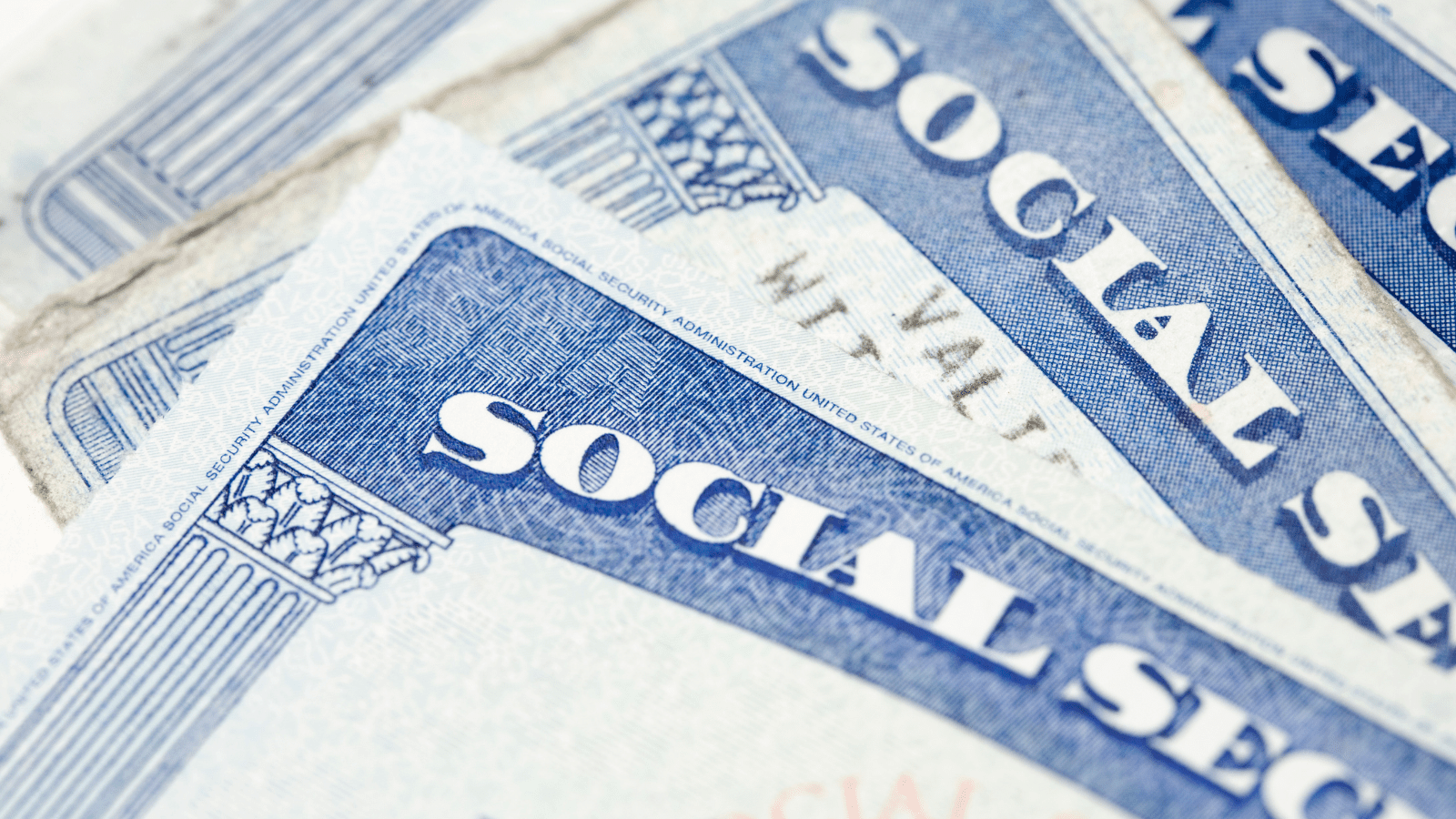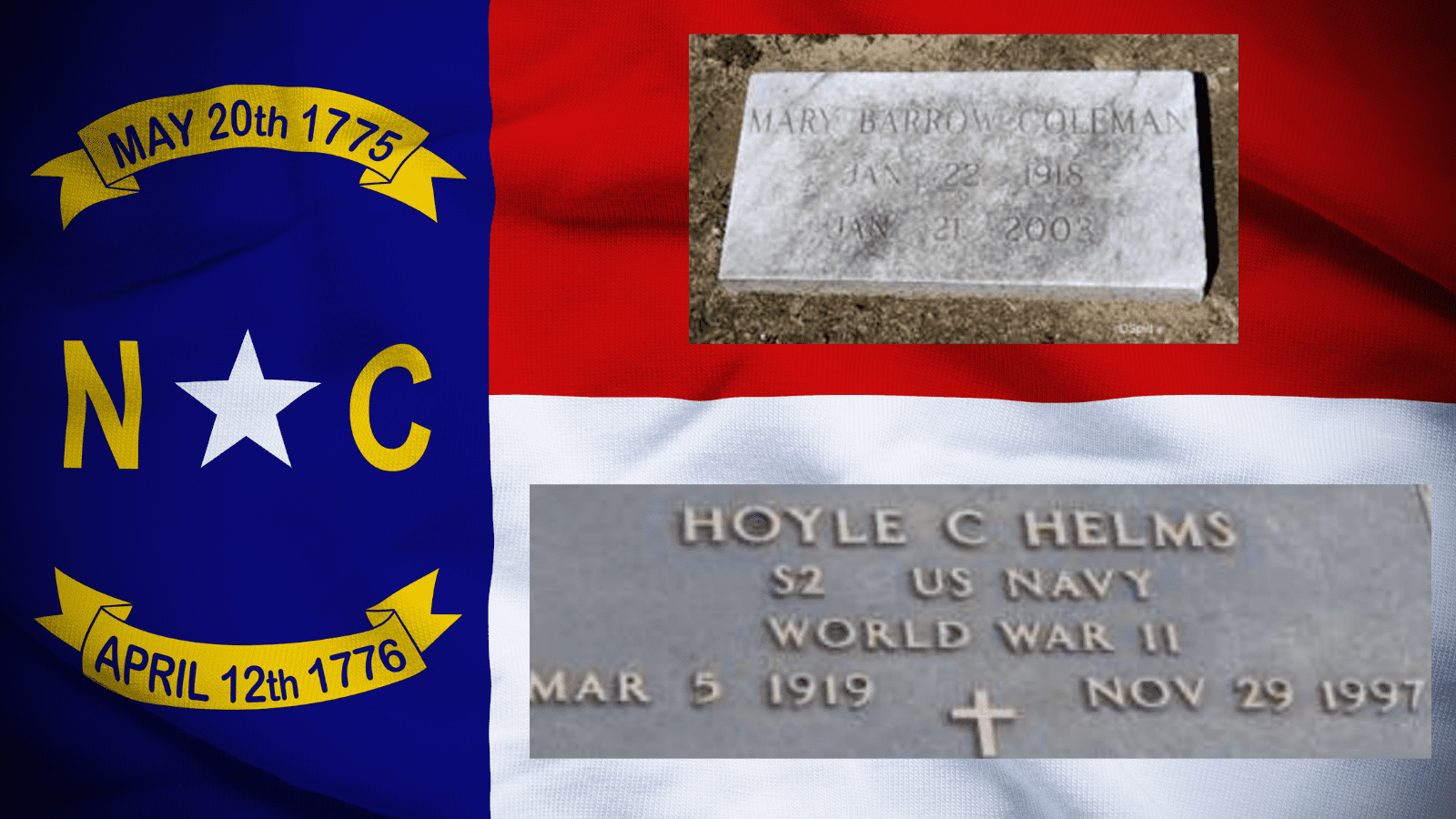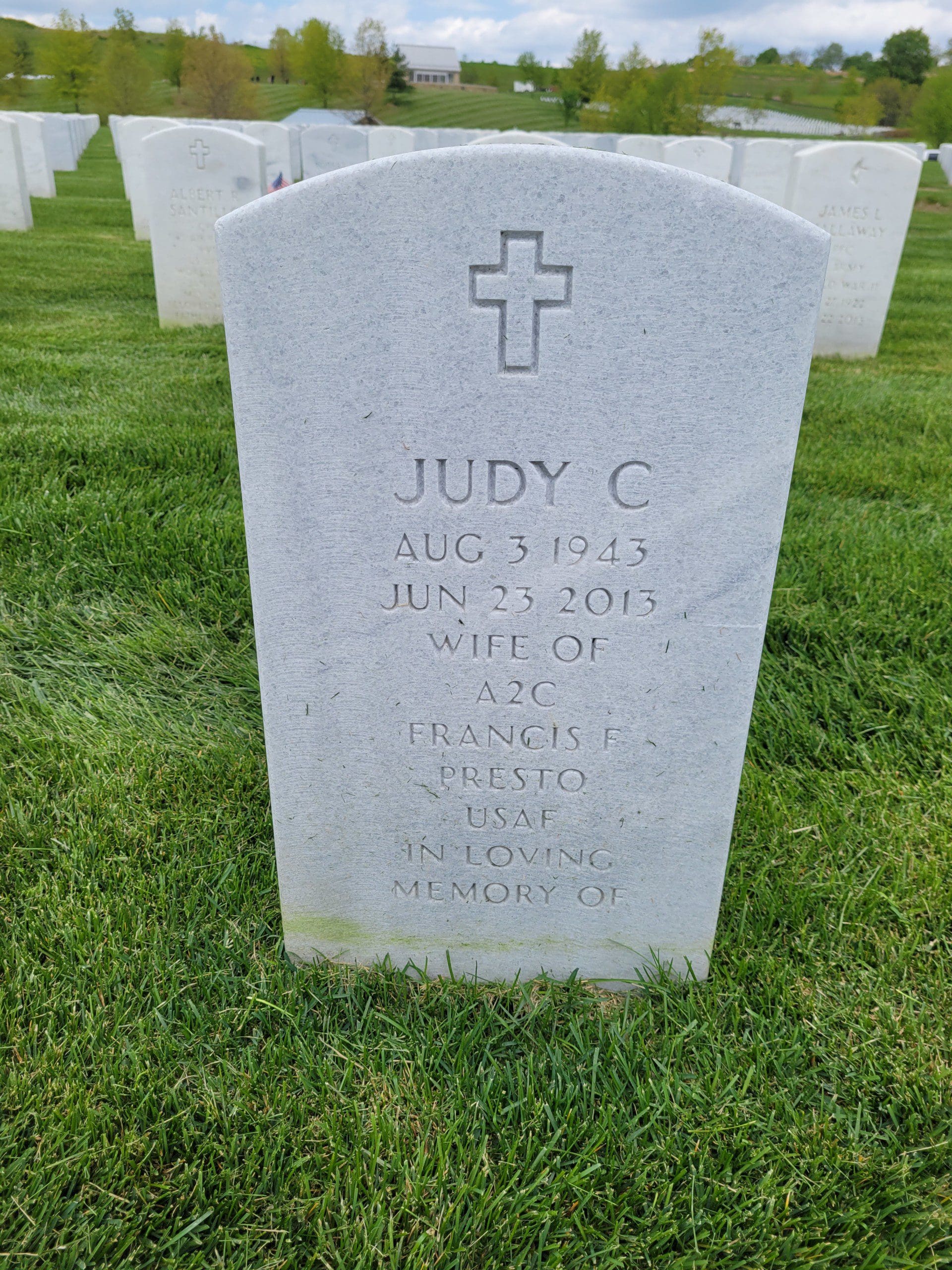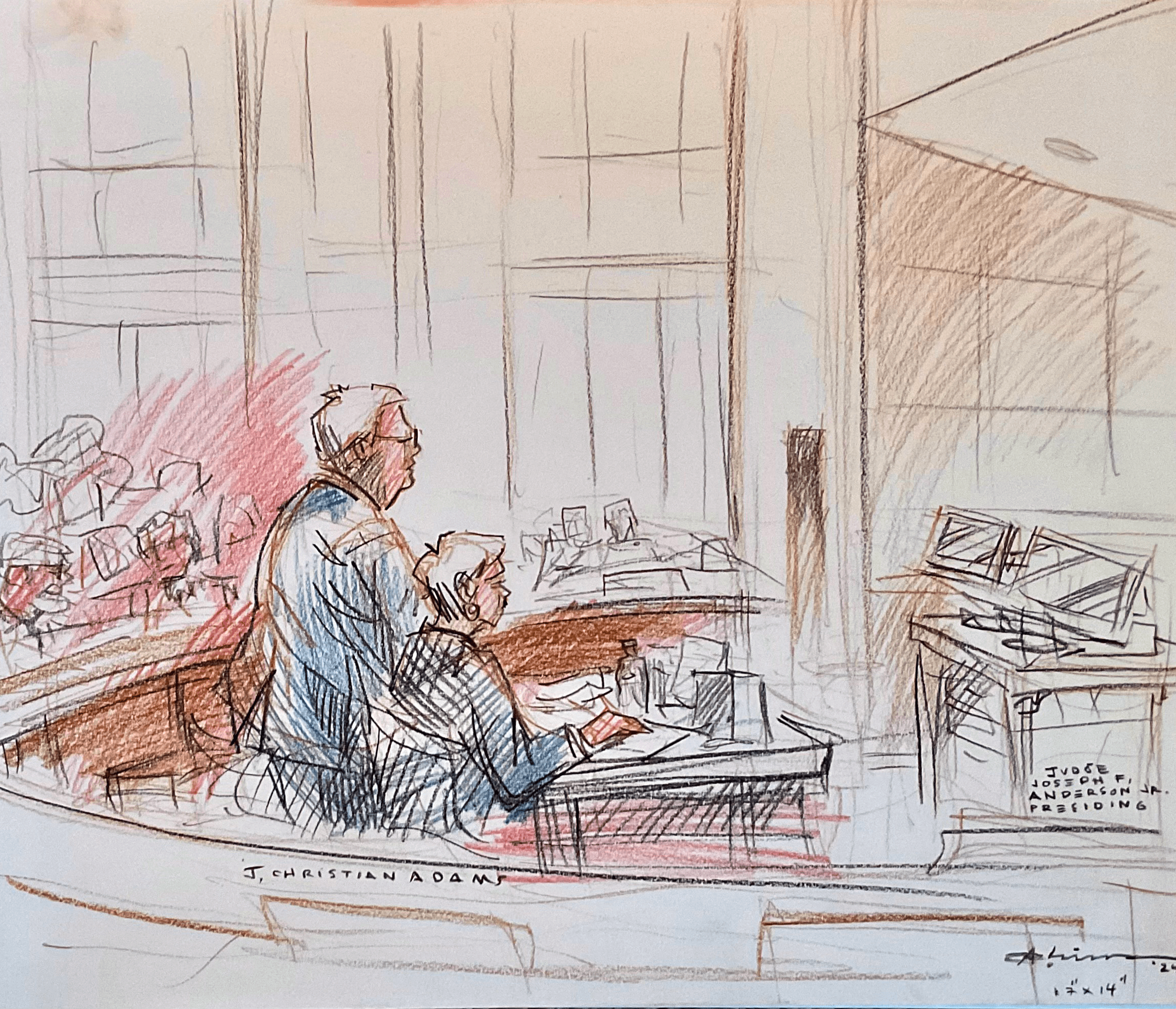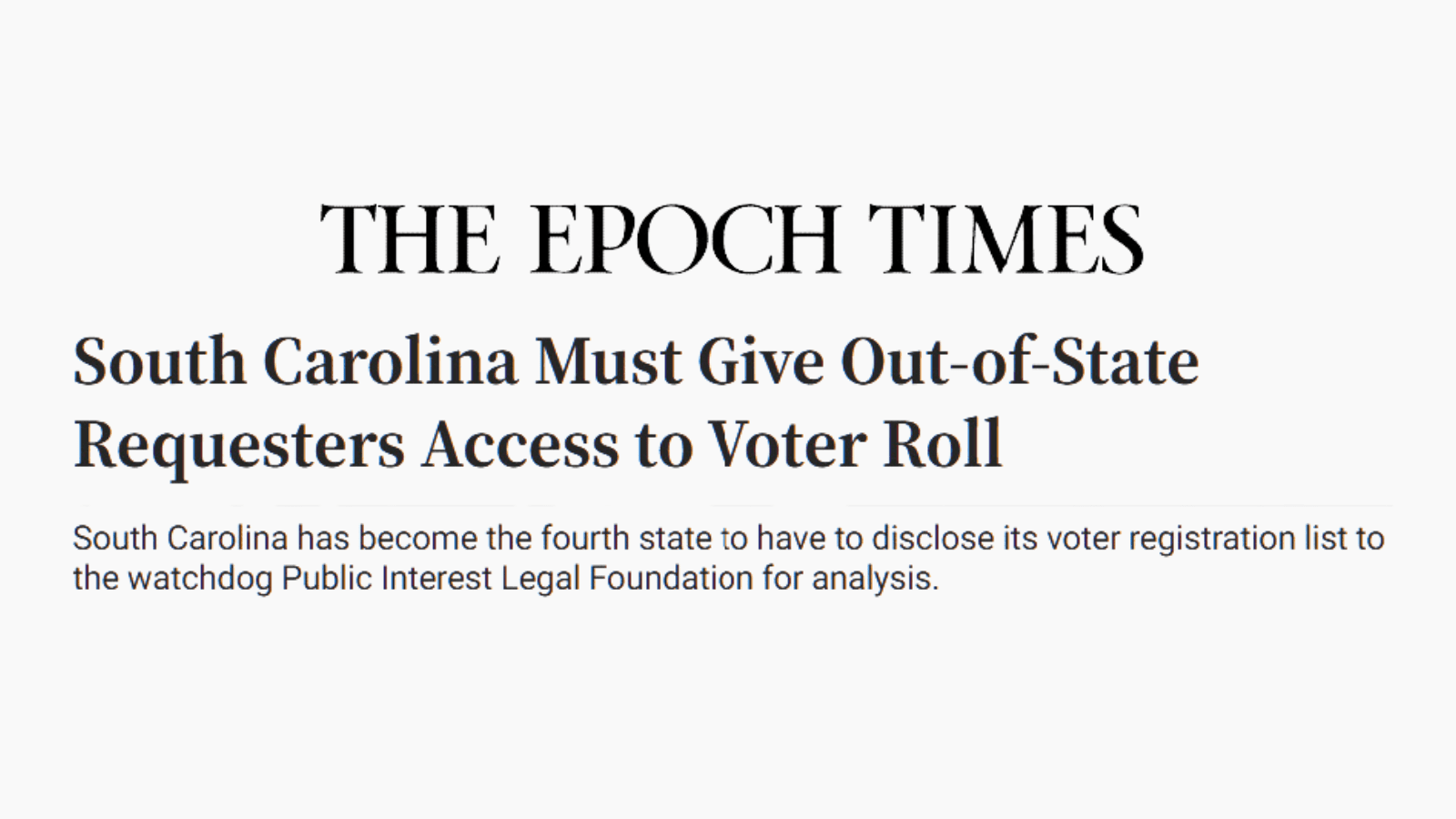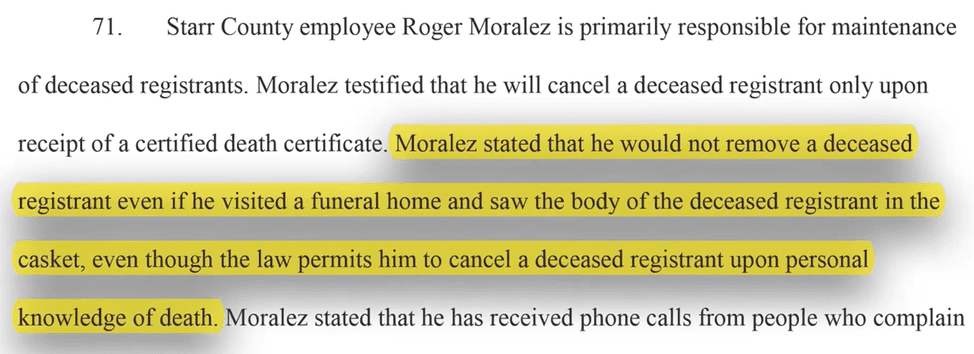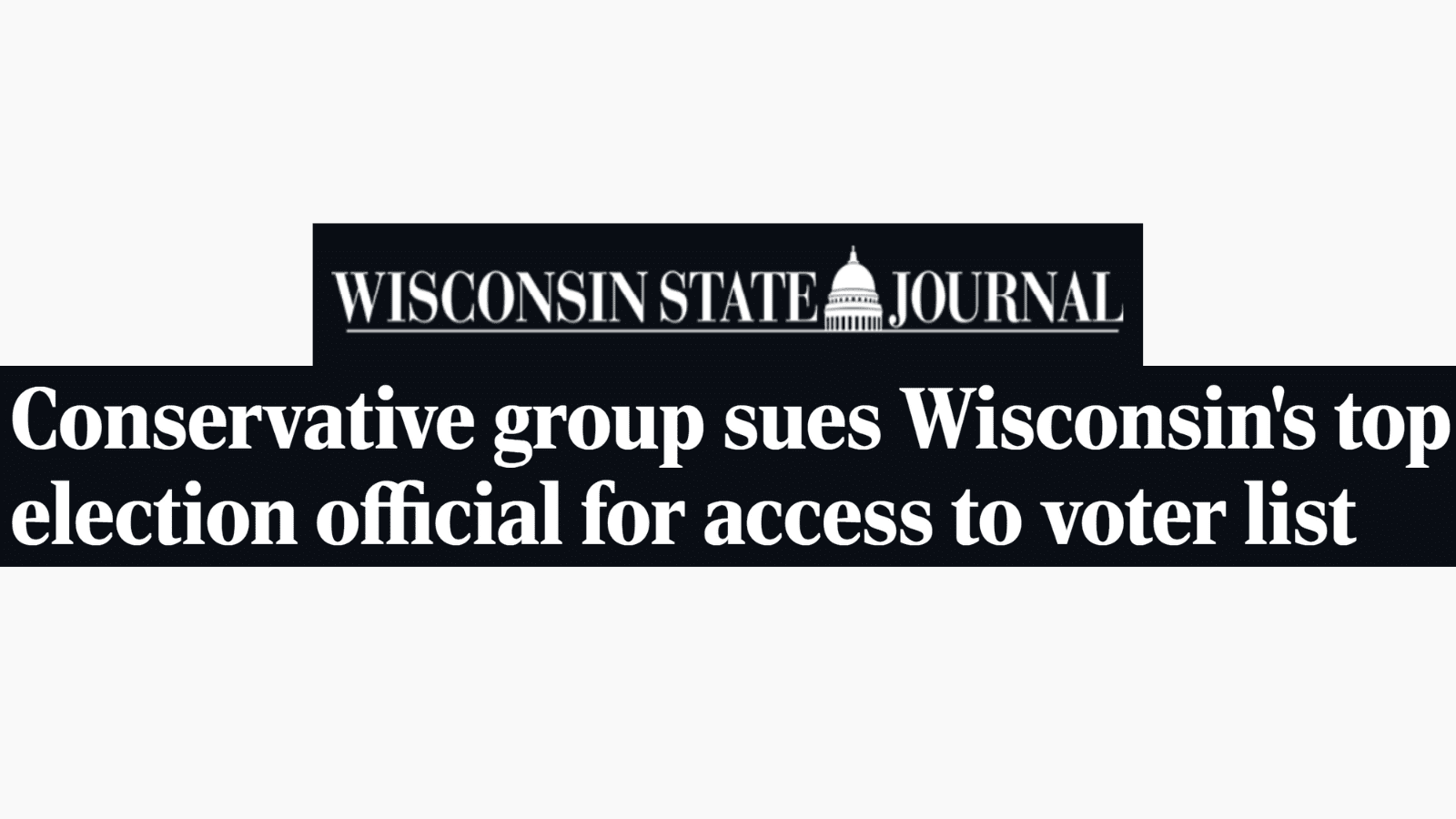Errors in America’s Voter Rolls
The most important election integrity document is the voter roll. It tells election officials who is eligible to vote. It controls to who and where automatic vote by mail ballots are sent. Inaccurate voter rolls lead to chaos in elections. Our team at the Public Interest Legal Foundation has fought to secure the public’s right to inspect state’s voter rolls and take legal action against states who are violating federal law by not conducting effective voter list maintenance.
We have compiled the voter rolls from across the country into a database that allows us to know who is voting twice or from beyond the grave. We’ve used this data to sue states for failing to do effective list maintenance such as not removing deceased registrants, duplicate voter registrations, and voters who move to another state.
Select a state from the dropdown to learn more information about the errors in its voter roll.
Click on the pin in each state to learn more information about the errors in its voter roll.
